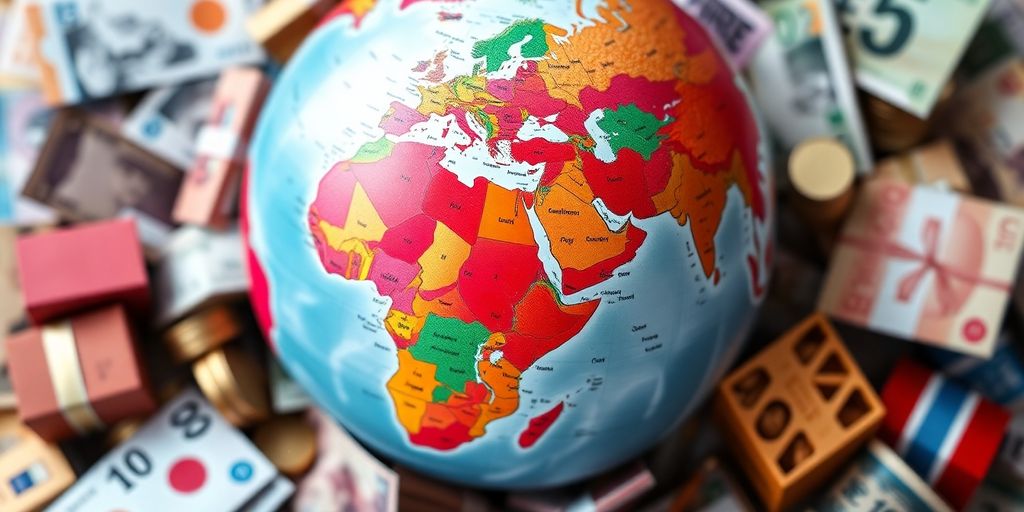In a significant gathering, finance ministers from the G20 met in Cape Town, South Africa, to discuss pressing issues such as debt relief and economic stability amid a backdrop of geopolitical tensions. The two-day meeting highlighted the challenges of achieving consensus among the world’s largest economies, with notable absences from key officials raising questions about the group’s effectiveness in addressing global crises.<\/p>
Key Takeaways
- The G20 meeting ended without a communique due to a lack of consensus.<\/li>
- South African President Cyril Ramaphosa emphasized the need for international cooperation.<\/li>
- Major topics included climate change financing and debt sustainability for developing nations.<\/li>
- The absence of top officials from the U.S., Japan, India, and China underscored global divisions.<\/li><\/ul>
Overview of the Meeting
The G20 finance ministers’ meeting, held in Cape Town, was marked by significant absences, including U.S. Treasury Secretary Scott Bessent, who skipped the event amid diplomatic tensions with South Africa. This absence, along with those of finance chiefs from Japan, India, and China, raised concerns about the G20’s ability to function effectively in a fragmented global landscape.<\/p>
In his opening remarks, President Ramaphosa pointed out the fractured geopolitical climate, stating, "At this time of global uncertainty and escalating tension, it is now more important than ever that the members of the G20 should work together." He stressed that the erosion of multilateralism poses a threat to global growth and stability.<\/p>
Challenges in Reaching Consensus
The meeting faced challenges in reaching a consensus on several critical issues. South African Finance Minister Enoch Godongwana noted that the absence of a joint communique was not unprecedented, particularly since the onset of the Russia-Ukraine war. He highlighted that new differences had emerged on various topics, including climate adaptation funding.<\/p>
Despite these challenges, there was a general agreement against protectionism, as discussed by Godongwana. However, the lack of a unified stance on key issues reflects the ongoing discord among G20 members.<\/p>
The Importance of Debt Relief
Debt relief for developing countries was a central theme of the discussions. South Africa aimed to ensure that this issue remained high on the agenda, recognizing the critical need for financial support to stabilize economies facing significant challenges. Experts warned that without effective tools to support U.S. companies, the United States risks losing commercial opportunities in Africa to emerging powers like China.<\/p>
Conclusion
The G20 finance ministers’ meeting in Cape Town underscored the complexities of global economic governance in a time of heightened geopolitical tensions. The absence of key officials and the inability to issue a communique reflect the challenges of achieving consensus among major economies. As the world grapples with pressing issues like debt sustainability and climate change, the need for effective international cooperation has never been more critical.<\/p>








